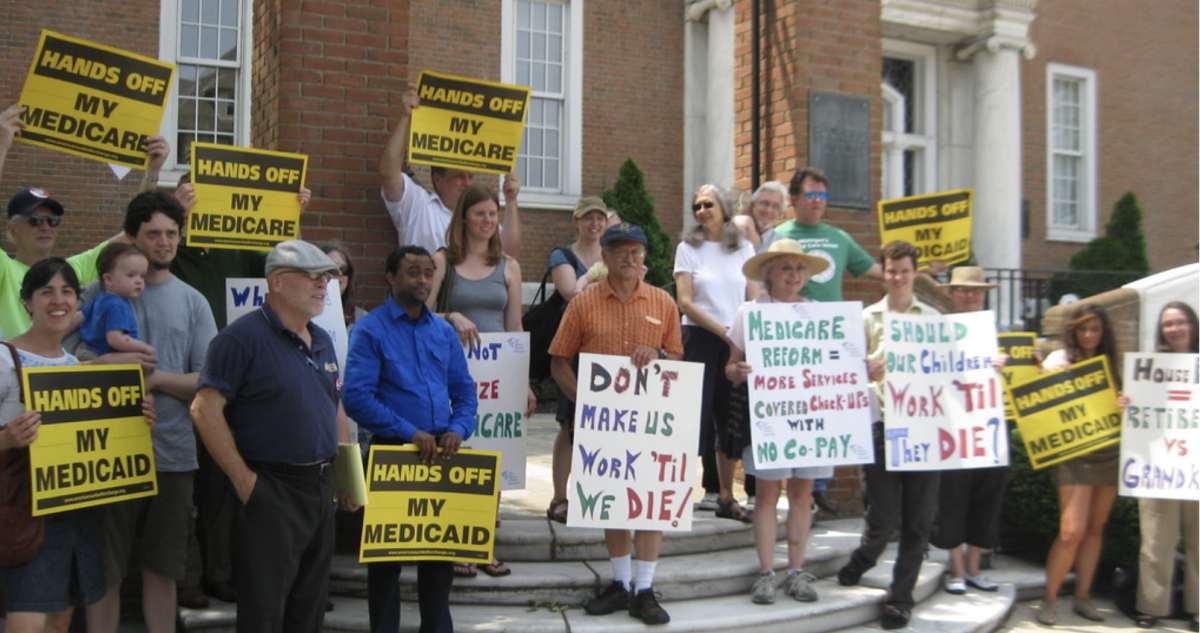For the last three years since COVID-19, states have provided continual Medicaid enrollment which helped fight against the rate of those uninsured. However, things have taken a turn as the Consolidated Appropriations Act allows states to disenroll from Medicaid, revoking one’s coverage.
Medicaid is a program funded by the government to help provide health insurance to people who have limited resources and income. Some benefits of Medicaid include physician services, laboratory, and x-ray services, etc.
As of June 4th, 2024, at least 22,757,000 individuals have been disenrolled from Medicaid. Among those who have been disenrolled, Black and Hispanic Americans are nearly twice as likely to lose their health insurance than white Americans.
Research has shown that this is because of a variety of reasons, the main one being the re-enrollment process. 70% of the individuals who lost their Medicaid coverage might still have been eligible, but were disenrolled because of failing to return paperwork on time and potential glitches within the renewal system.
This is very alarming as medical insurance is a vital necessity for every individual. Research has shown that without health insurance, individuals face the risk of having less access to recommended care, receiving lower quality care, and experiencing worse health outcomes than insured individuals do.
Knowing this, it’s critical that as a society we develop methods where more individuals are able to attain substantial health coverage. Instead of restricting the amount of people who can have access to Medicaid, the United States needs to once again expand insurance to cover health care costs.
The expansion of Medicaid has demonstrated immense positive effects on people ranging from ages 18 to 64, as they are now more likely to be insured and attain private insurance.
Despite some people’s beliefs, everyone deserves easy access to proper healthcare. No one deserves to go through the disheartening reality of being uninsured and have no sustainable means to protect themselves and their family.






